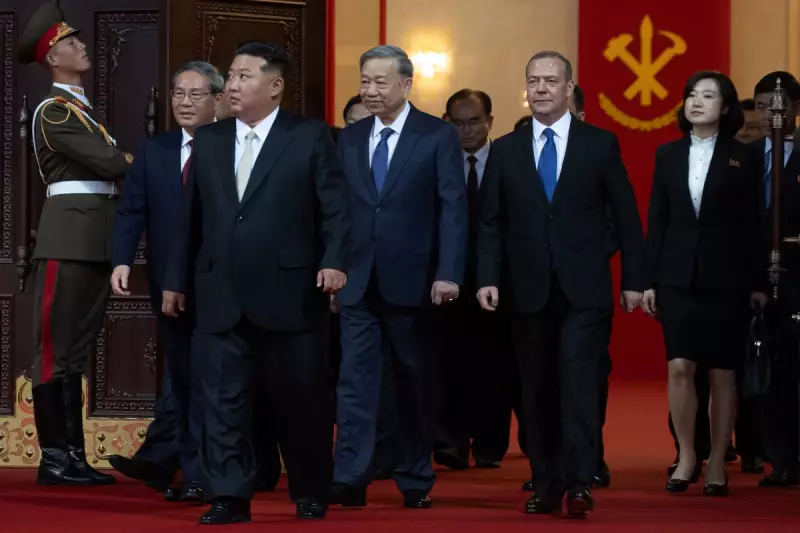
In a seismic shift that could redefine the future of the Korean peninsula, North Korean leader Kim Jong Un has delivered a bombshell declaration during a key parliamentary session, announcing his regime will permanently abandon the long-standing goal of reunification with South Korea.
A Hostile State Declaration
The provocative speech, delivered to the Supreme People's Assembly, saw Kim brand South Korea as the "primary foe" and "constant, main enemy," marking a complete reversal of decades of official policy. Rather than pursuing peaceful reunification, Kim declared that North Korea's constitution would be amended to reflect that South Korea is "a hostile state with which we are never to achieve reunification."
Nuclear Threats and Military Posturing
The North Korean leader didn't stop at diplomatic rhetoric. He issued chilling warnings about the country's nuclear capabilities, stating unequivocally that while North Korea won't initiate war, it has "no intention of avoiding it." More alarmingly, he threatened that if confronted by military force, Pyongyang would not hesitate to deploy its entire nuclear arsenal to "annihilate" South Korea and the United States.
This declaration represents the most significant hardening of North Korea's position in years and comes amid increasing military cooperation between Seoul and Washington. Analysts suggest this move could signal a new, more dangerous phase in regional tensions.
Historical Context Shattered
For decades, both North and South Korea have officially maintained reunification as a shared goal, despite the bitter division since the Korean War. Kim's announcement shatters this foundational principle, potentially paving the way for more aggressive posturing and military provocations.
The international community is watching with growing concern as Kim Jong Un appears to be drawing new red lines that could dramatically increase the risk of miscalculation and conflict on the Korean peninsula.





